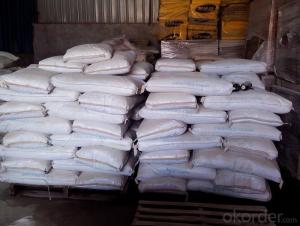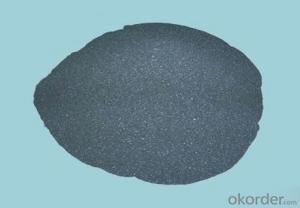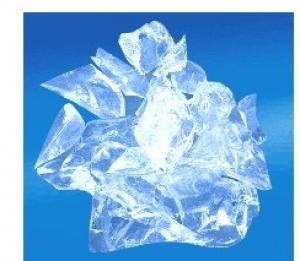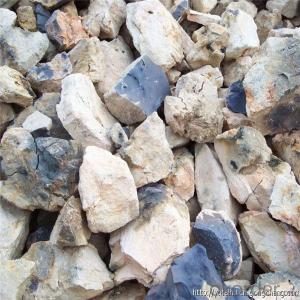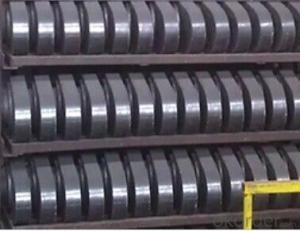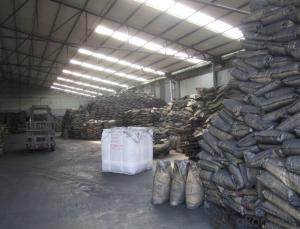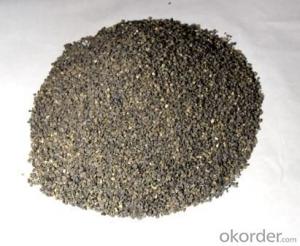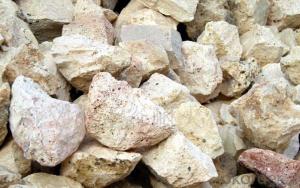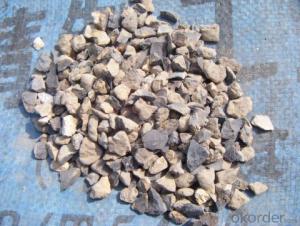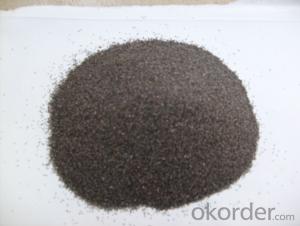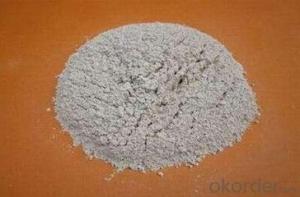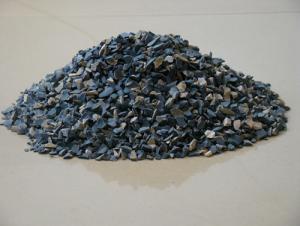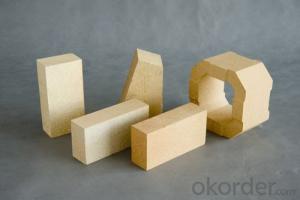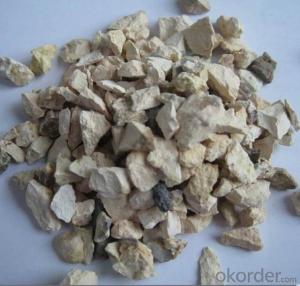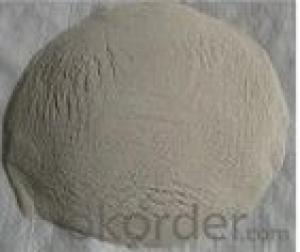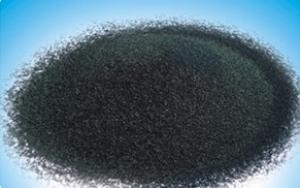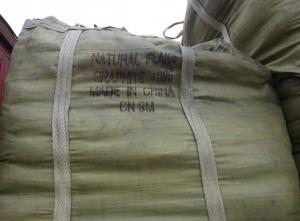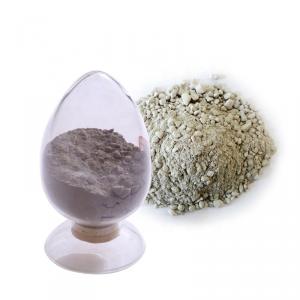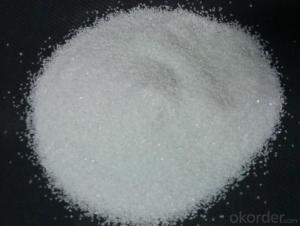All Categories
- - Steel Wire Rod
- - Steel Coils
- - Steel Profiles
- - Steel Pipes
- - Stainless Steel
- - Tinplate
- - Special Steel
- - Steel Sheets
- - Steel Rebars
- - Steel Strips
- - Hot Rolled Steel
- - Cold Rolled Steel
- - Pre-painted Steel
- - Seamless Steel Pipe
- - Welded Steel Pipe
- - Hollow Steel Tubes
- - Galvanized Pipe
- - Stainless Steel Coil
- - Stainless Steel Sheet
- - Stainless Steel Plate
- - Stainless Steel Strips
- - Electrolytic Tinplate Coil
- - Electrolytic Tinplate Sheet
- - Stainless Steel Rebars
- - Solar Panels
- - Solar Water Heater
- - Solar Related Products
- - Solar Inverter
- - Solar Cells
- - Solar Light
- - Solar Energy Systems
- - Solar Controllers
- - Solar Mounting System
- - Solar Pump
- - Solar Chargers
- - Fiberglass Chopped Strand
- - Fiberglass Mesh Cloth
- - Composite Pipes
- - FRP Pultrusion Profiles
- - Fiberglass Mat Tissue
- - Fiberglass Fabrics
- - Fiberglass Mesh
- - Composite Tank
- - Fiberglass Mesh tape
- - Polymer
- - FRP Roofing Panel
- - Fiberglass Roving
- - Monolithic Refractories
- - Ceramic Fiber Products
- - Refractory Bricks
- - Raw Materials For Refractory
- - Suspended Platform
- - Cranes
- - Concrete Machinery
- - Earthmoving Machinery
- - Building Hoist
- - Road Building Machinery
- - Plastic Pipe Fittings
- - Plastic Tubes
- - Plastic Sheets
- - Agricultural Plastic Products
- - Plastic Nets
Q & A
How are silicon nitride-bonded silicon carbide bricks used in high-temperature applications?
Silicon nitride-bonded silicon carbide bricks are commonly used in high-temperature applications due to their exceptional thermal conductivity and resistance to thermal shock. These bricks are used to line furnaces, kilns, and other high-temperature equipment where they provide superior insulation and protection against extreme heat and chemical corrosion. Additionally, their high mechanical strength and abrasion resistance make them ideal for use in industries such as metallurgy, ceramics, and petrochemicals.
What is the role of boric acid in refractory materials?
Boric acid plays a crucial role in refractory materials as a fluxing agent. It helps to lower the melting point of the refractory material, enhancing its workability and facilitating the formation of a dense and strong structure during the firing process. Additionally, boric acid improves the thermal stability and chemical resistance of the refractory material, making it suitable for high-temperature applications.
How do raw materials affect the refractoriness of refractory products?
Raw materials play a crucial role in determining the refractoriness of refractory products. The choice of raw materials, such as alumina, silica, magnesia, and zirconia, directly impacts the ability of the refractory product to withstand high temperatures without losing its shape or strength. These raw materials possess high melting points and excellent thermal stability, ensuring that the refractory can withstand extreme heat and maintain its structural integrity. Additionally, the composition and purity of the raw materials can influence the refractory's resistance to chemical reactions and corrosion, further enhancing its refractoriness.
How do different types of talc compare in terms of performance in refractory applications?
Different types of talc can vary in their performance in refractory applications. Generally, talc with higher purity and finer particle size tends to exhibit better performance in terms of improved thermal resistance and reduced shrinkage. These properties make it more suitable for refractory applications where high temperature stability and dimensional stability are critical. Additionally, talc with low iron content is preferred as it minimizes the risk of discoloration or contamination in refractory materials. Overall, the choice of talc type depends on the specific refractory application and the desired performance characteristics.
Wholesale Raw Materials For Refractory from supplier in Dominican
We are a Raw Materials For Refractory supplier serving the Dominican, mainly engaged in the sale, quotation, and technical support services of various Raw Materials For Refractory products in the Dominican region. We are a subsidiary platform of the Fortune Global 500 company CNBM, able to provide you with one-stop Raw Materials For Refractory procurement services in the Dominican. Not only do we have a wide range of Raw Materials For Refractory products, but after years of market development in the Dominican, we can also provide valuable experience for your projects.
Hot Search
- Monolithic Refractories in Tuvalu
- Ceramic Fiber Products in Greece
- Refractory Bricks in Netherlands
- Raw Materials For Refractory in Djibouti
- Refractory Bricks in Switzerland
- Refractory Bricks in Philippines
- Ceramic Fiber Products in Barbados
- Raw Materials For Refractory in Tonga
- Monolithic Refractories in Colombia
- Monolithic Refractories in United Arab Emirates
